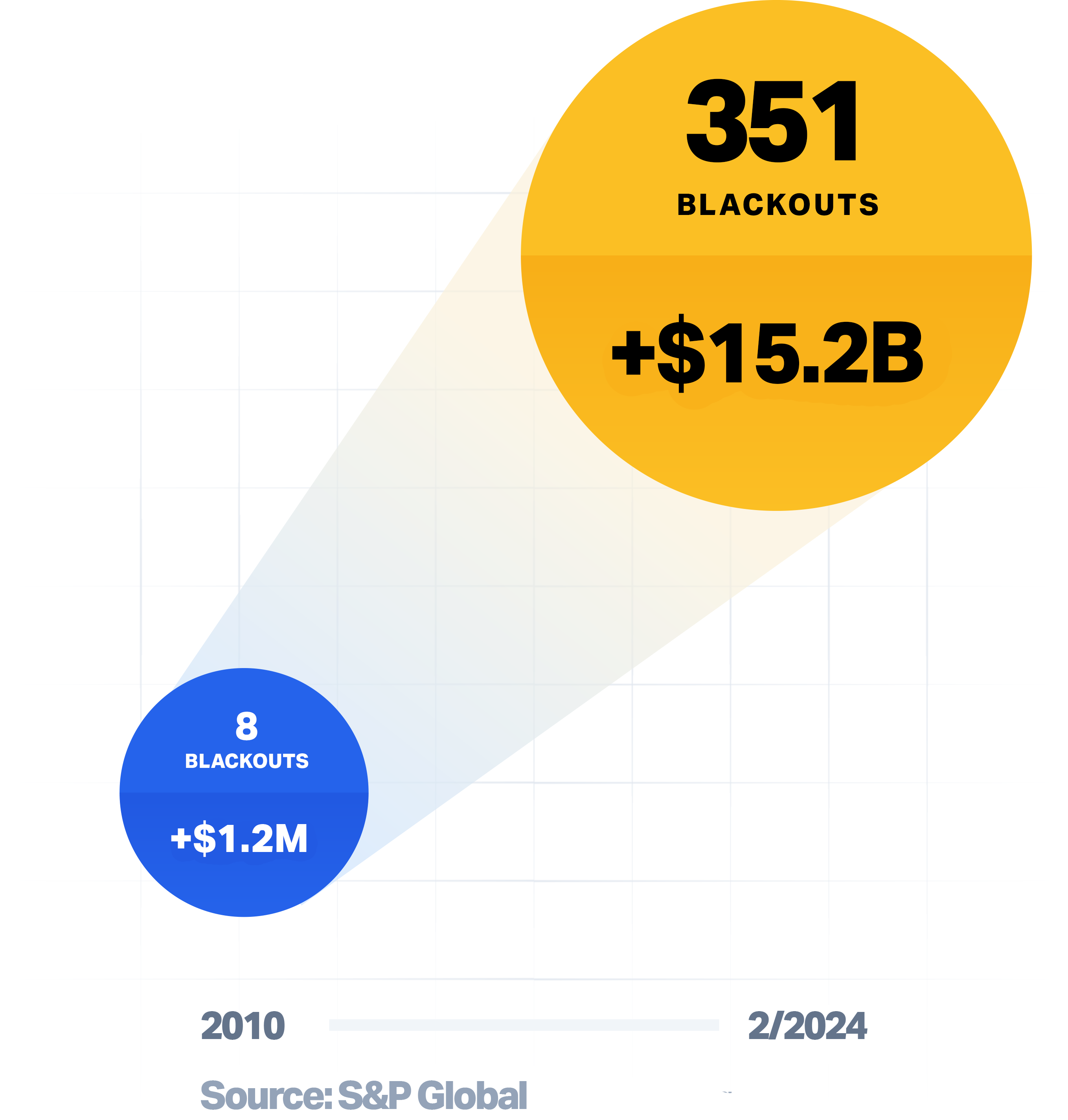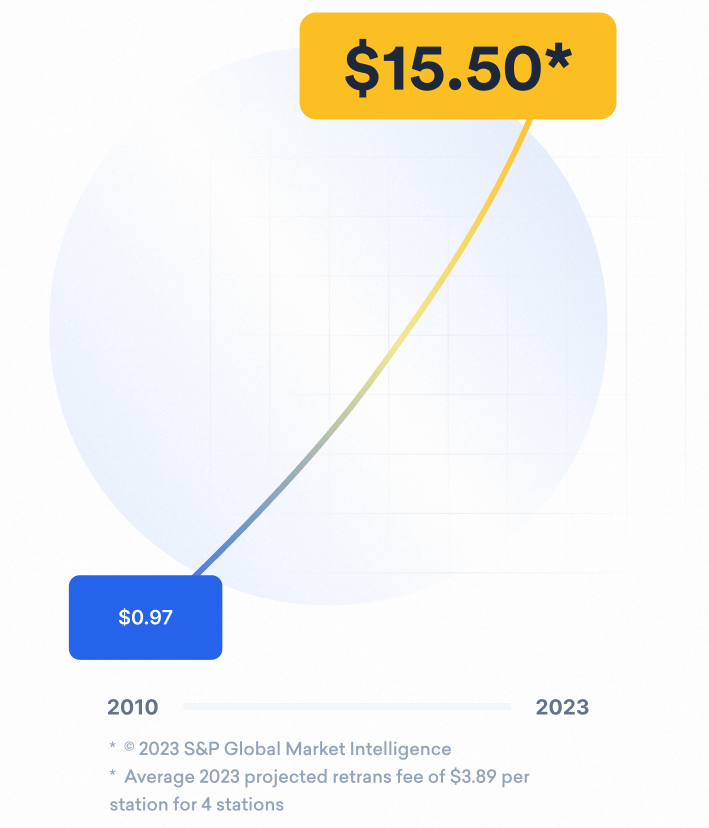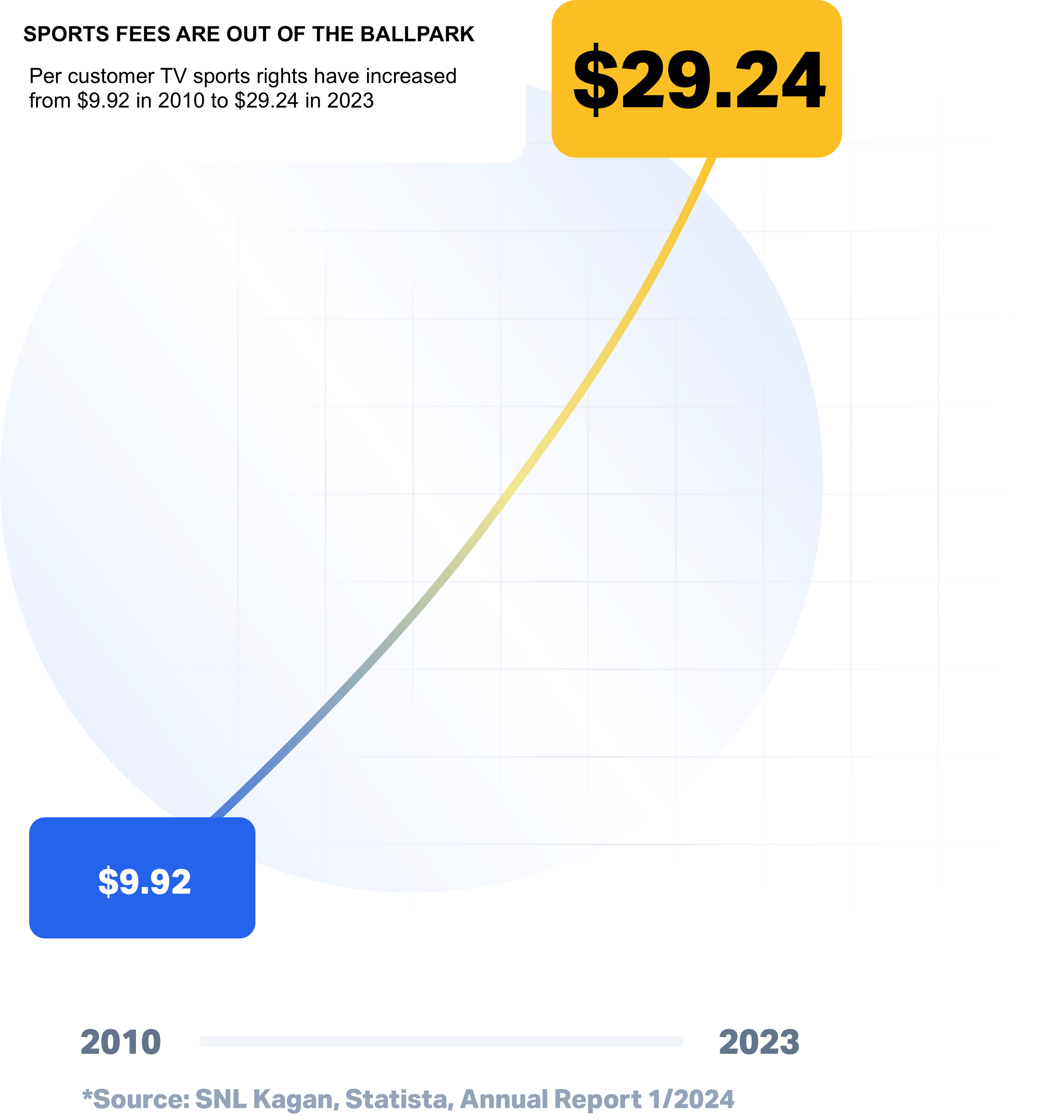In recent years, there have been many huge mega-media mergers: Gray Television purchased Meredith Broadcasting for $2.3 billion. Disney bought Lucasfilm, Marvel, Pixar and 20th Century Fox and launched Disney+. AT&T acquired TimeWarner to create WarnerMedia, only to spin it off and merge with Discovery who had recently acquired Scripps Networks. Sinclair Broadcasting purchased 21 regional sports networks from FOX for $10 billion. Amazon announced the purchase of MGM Studios, home of James Bond.
All these multi-billion-dollar deals are aimed at better competing with the Netflixes of the world and squeezing more money out of video providers. We negotiate with these big corporations to make sure you get all the channels you want at a fair price.








